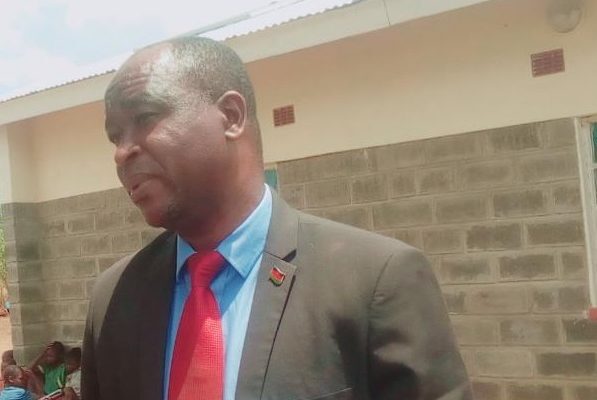
Japan Tobacco International (JTI) on Friday officially handed over 15 Village Clinics worth K650 million to the Ministry of Health.
The clinics has been constructed in seven districts across the country and the handover ceremony took place at Sawuzawana Village Clinics in Lilongwe District.
Speaking to the gathering, Deputy Director for Planning in the Ministry of Health Sanderson Kuyeli commended JTI for the initiative saying it is an example of private partnership with government.
Kuyeli added that Sawuzawana Village Clinic will reduce distance that people in the area cover to reach a health facility from an average of 14 Kilometers to within a Five-Kilometer radius.
“This will improve quality of health services. We are asking members of the community to take good care of the clinics by making sure that there are no issues like shortage of drugs due to theft, as we work together will be able to reach goals that are needed in ministry of health,” he said.
In his remarks, JTI Corporate Affairs Director Limbani Kakhome said the company observed that most of their grower communities were reporting challenges regarding access to health facilities, citing long distance, poor infrastructure and shortage of drugs as contributors to the challenges.
Kakhome added that they responded to the challenges by consulting with the Ministry of Health and they agreed to construct 15 clinics across the country.
“These 15 village clinics will improve access to health for up 75,000 people by reducing the distance they cover to reach a health facility, in all the clinics sites, JTI has constructed toilets, solar powered water systems, provided solar electricity, medical equipment basic furniture and start up medical supplies,” he said.
The clinics were constructed using coal ash blocks which are made from coal ash, a waste product of JTI factory operations.
According to Kakhome, this is one way of recycling waste considering that if coal ash is dumped carelessly, it becomes an environmental hazard.
Kakhome added that it is their expectation that the Ministry will take over the operations of the sites to ensure that access to quality health services is guaranteed for the communities.
On his part, Traditional Authority M’bwatalika asked government through the ministry of health to consider construction of houses for the staff.
The village clinics have been constructed in Rumphi, Mzimba, Kasungu, Mchinji, Dowa, Lilongwe and Zomba.














